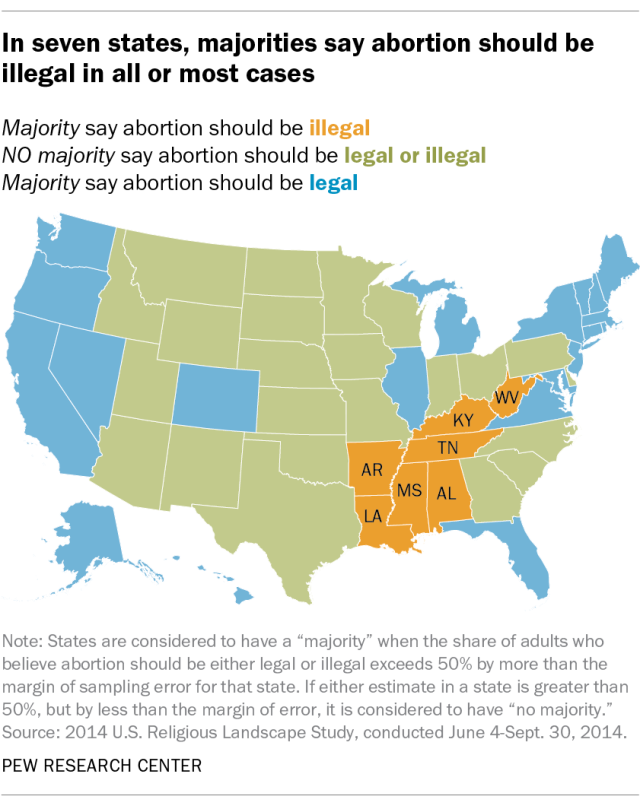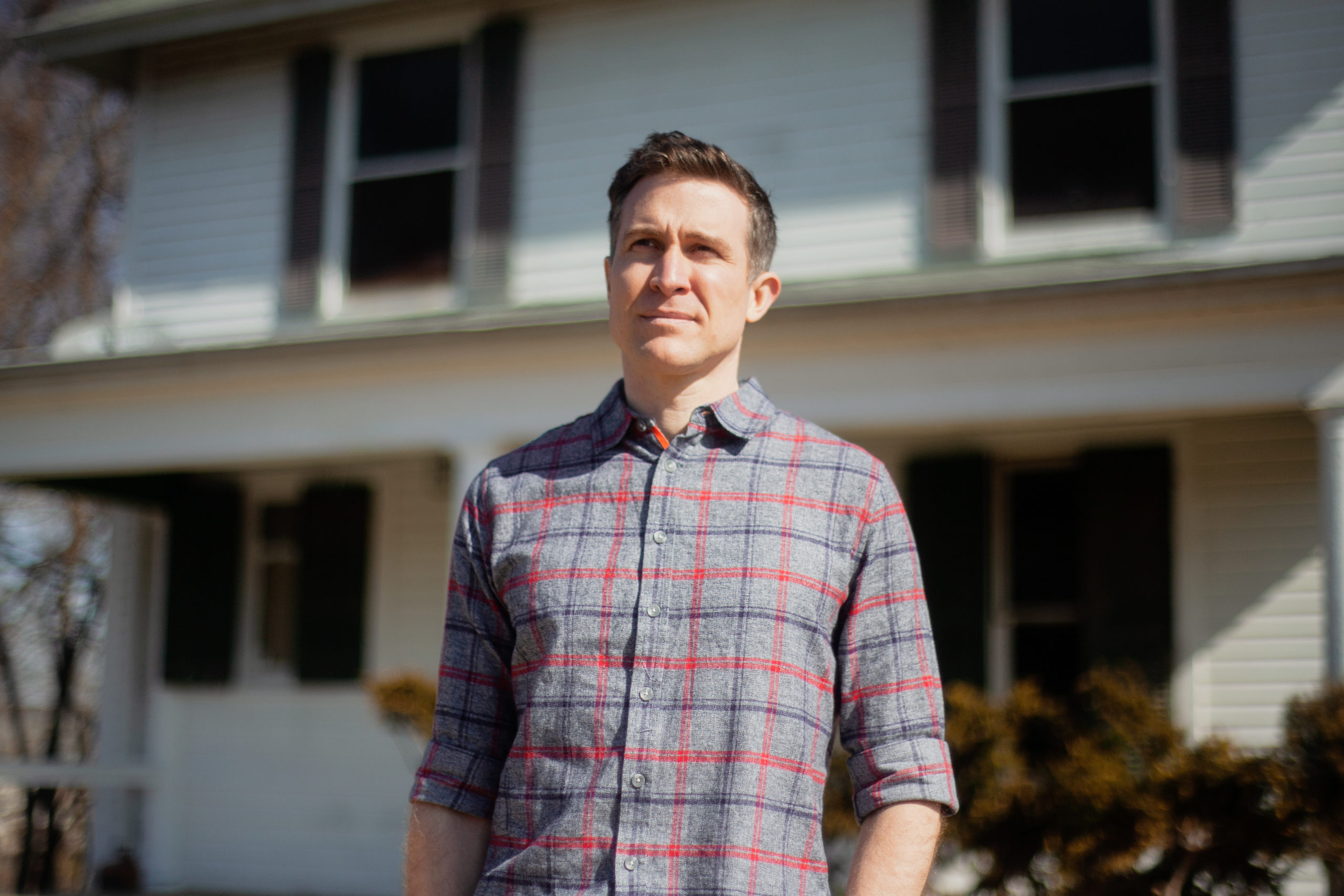As he campaigns for U.S. Senate, Lucas Kunce, a Democrat, has touted his commitment to “reproductive freedom.” But that wasn’t always the case, especially when he ran for state representative in 2006.
Kunce unsuccessfully challenged Republican Mark Bruns for the Jefferson City House seat when he was 24 years old. According to news reports and surveys at the time, Kunce ran as a “pretty conservative Democrat” who was anti-abortion and opposed to taxpayer funds being used to promote or subsidize organizations that provided abortion services.
But in recent social media posts as he campaigns for Roy Blunt’s Senate seat, the former U.S. Marine said “reproductive freedom is an important aspect that will be included” in his campaign’s platform.
“I support Roe v. Wade,” Kunce said. “Their body, their choice.”
For Kunce, the evolution of his opinion on the issue came “years ago” after traveling around the world as a Marine and “learning more about the issue from others over time,” campaign manager Caleb Cavarretta told The Missouri Times.
“He supports a woman’s right to choose and is fully committed to that,” Cavarretta said. “He thinks that it’s a critical point on health care, and he also thinks people can make their own decisions about their family.”

The change of heart regarding one of the more polarizing political issues did not go unnoticed by Democratic voters and activists as the field of potential candidates to replace Blunt expands. And it begged the question rumbling around those circles: Would there even be room for an anti-abortion Democrat in Missouri at the federal level?
It’s not a unique question; in fact, national Democrats have grappled with just how important protecting abortion rights should be for its members’ platforms for a number of years. Just last year, Illinois Congressman Dan Lipinski, a more conservative Democrat, particularly when it came to abortion issues, lost his re-election bid during the primary.
The Missouri Democratic Party, too, caused quite the katzenjammer in 2018 when it initially decided to include “a diversity of views on abortion” to its platform. But that provision was ultimately stripped as Democrat Claire McCaskill fought to hold onto her U.S. Senate seat.
A year later, the Missouri Legislature passed one of the nation’s most restrictive abortion laws — which remains held up in court. The state also went head-to-head with Planned Parenthood in a licensing dispute that year. Planned Parenthood — coincidentally, the last remaining abortion clinic in the state — remained victorious.
Dan Green, communications director for the national Democrats for Life group, said there was “definitely an appetite” for an anti-abortion Democratic candidate in Missouri. But, he noted, his group has not endorsed any Missouri candidates in current races.
“We’re in a situation now where things are so polarized that it’s not only a question of whether there’s room for pro-life candidates in the Democratic Party — and that’s been a live question for a long time — but now the parallel question is: Are there pro-life voters, is there a constituency of pro-life voters who are willing to back pro-life Democrats,” Michael Wear, the founder of Public Square Strategies who led religious outreach for former President Barack Obama’s re-election campaign, said.
“As a Democrat, if you’re going to run as pro-life, you’re giving up and sacrificing quite a bit of fundraising, potential forums to appeal to, and obviously some potential voters in a primary context who prioritize the issue,” he continued. “In order to justify being pro-life, in order to make up for that politically, you’d really like to see a fundraising apparatus, advocacy groups, and a clear constituency of voters who would reward the stance.”
A 2019 Pew Research study found only 50 percent of Missourians opposed abortion — which was higher than the national average of 39 percent. But Missouri was one of seven states that enacted strong anti-abortion laws that year, and in four of them, a majority of adults said they opposed abortion.

“Despite Republicans’ efforts to push a dangerous anti-abortion agenda, a vast majority of Americans of all races, backgrounds, and political parties agree that politicians have no place interfering in the personal decisions people make about pregnancy. Reproductive freedom is a winning issue, period,” said Mallory Schwarz, NARAL Pro-Choice Missouri’s executive director.
In 2018, former state Rep. Mike Revis flipped his Jefferson County House seat from red to blue in a special election — for just one year. He credited his win at the time to a push for anti-labor “right-to-work” laws, but he also ran as a pro-life Democrat. Revis lost in the general election later that year to Rep. Mary Elizabeth Coleman.
Scott Sifton, who is also vying for Blunt’s seat, won his first state Senate race by defeating pro-life Democrat Sue Schoemehl in the 2012 primary. Sifton beat incumbent Republican Sen. Jim Lembke in the general election.
“At the end of the day, yes, there are still anti-choice voters in the Democratic Party,” former Missouri Democratic Party executive director Lauren Gepford said.
She pointed to Missouri’s open primary system, noting the issue is particularly germane during primaries — although seeing anti-abortion and pro-choice Democrats square off isn’t as prevalent as it once was, Gepford said.
As the U.S. Senate race heats up, Wear predicted there could be more of a disparity among Democratic candidates among how abortion services should be funded instead of outright decrying the Roe v. Wade Supreme Court decision.
“That’s a fight that should be had. I think voters should be concerned if you have a robust primary where there’s a whole bunch of disagreement on a whole range of issues but a unanimous opinion on the issue of abortion,” Wear said. “That probably doesn’t give voters the range of options to choose who is best to go up against a Republican nominee.”

Kaitlyn Schallhorn was the editor in chief of The Missouri Times from 2020-2022. She joined the newspaper in early 2019 after working as a reporter for Fox News in New York City.
Throughout her career, Kaitlyn has covered political campaigns across the U.S., including the 2016 presidential election, and humanitarian aid efforts in Africa and the Middle East.
She is a native of Missouri who studied journalism at Winthrop University in South Carolina. She is also an alumna of the National Journalism Center in Washington, D.C.
Contact Kaitlyn at kaitlyn@themissouritimes.com.

































